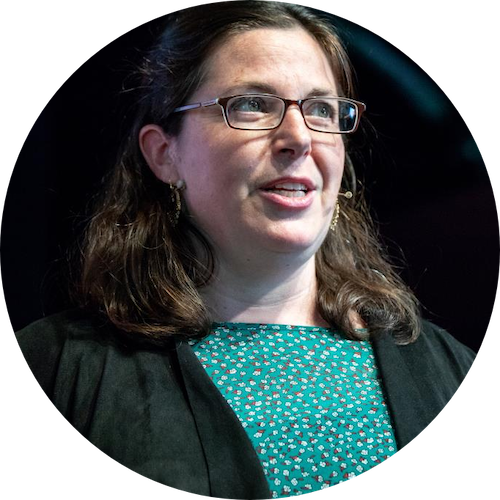The reconstruction of cultural heritage after conflict often focuses on rebuilding structures and repairing material. Dacia Viejo Rose, however, contends that a more appropriate postconflict response is reparations. She suggests that heritage is not collections of static objects but rather an evolving process of meaning-making within society. Considering the full range of heritage’s social entanglements, then, she argues that new modalities of repair are required after heritage destruction: from processes of justice to restitutions to the revitalization of cultural life.













